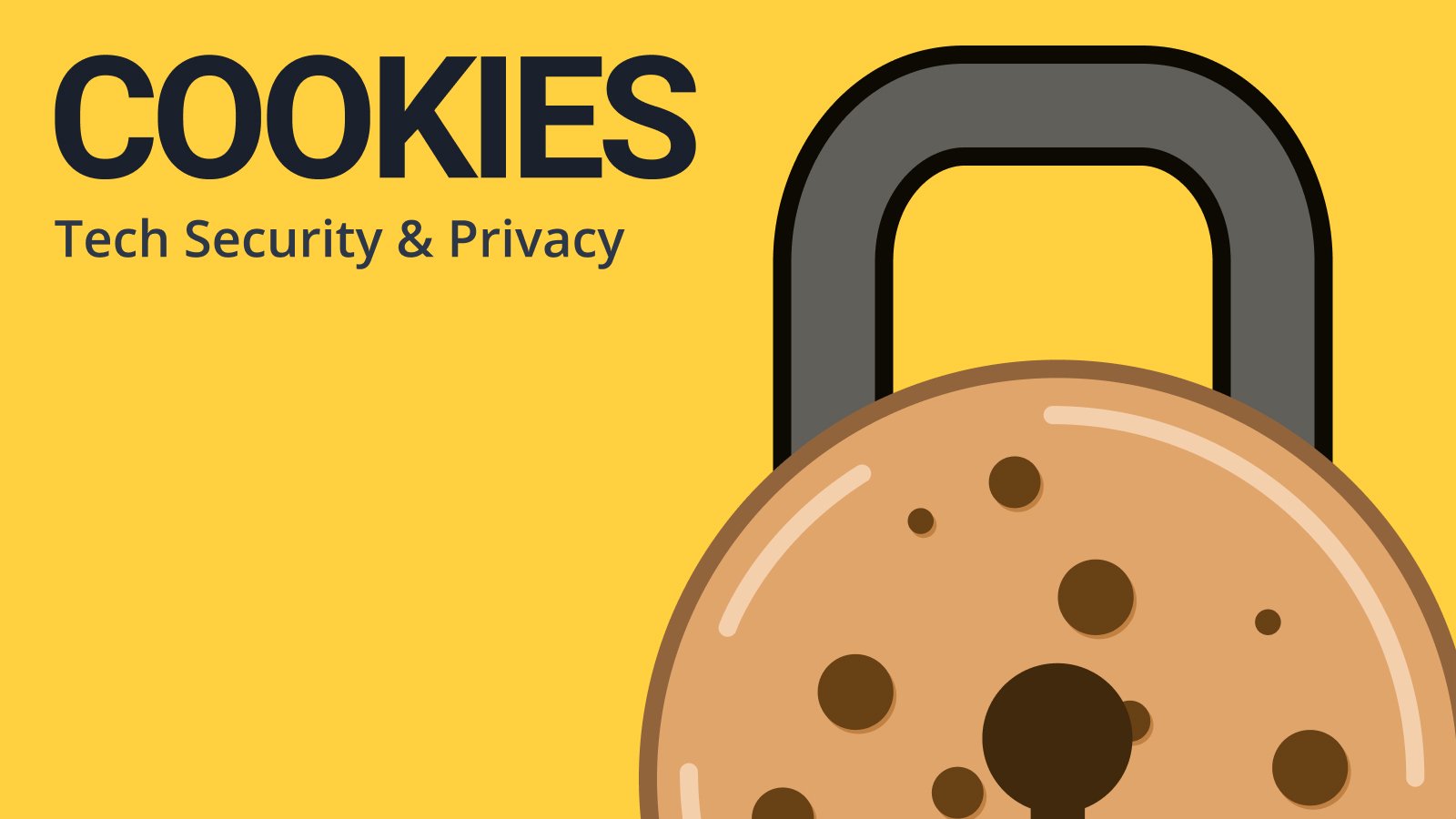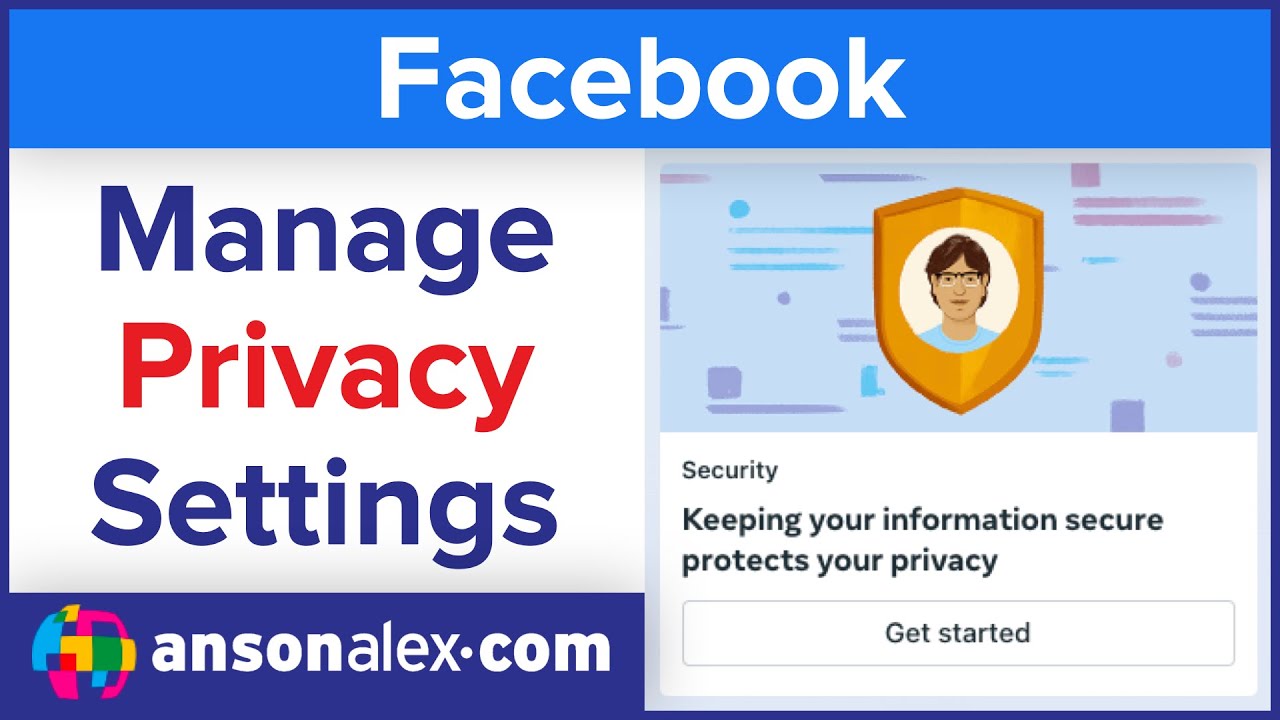
Understanding Cookies and Your Privacy in the Digital Age
In today’s digital landscape, the conversation about privacy is more relevant than ever. As users of various online platforms, we are often greeted with notifications about cookies and data tracking. This is particularly true in environments linked to major brands like Yahoo and AOL, where data privacy policies are an essential part of user experience. As a user who navigates these digital ecosystems, it’s crucial to understand how cookies work and what consent means for our online presence.
What Are Cookies and Why Should You Care?
Cookies are small text files that websites store on your device to remember you. They serve a variety of purposes: from streamlining login processes to customizing content based on your preferences. When we visit a website, cookies help authenticate users, apply security measures, and prevent spam.
However, there’s a fine line between convenience and privacy. As someone who enjoys having tailored online experiences, I appreciate the effort that goes into personalizing content. Yet, I also feel a need to be vigilant about what information is being collected and how it’s being used.
 Understanding the impact of cookies on your privacy
Understanding the impact of cookies on your privacy
When your data is collected, it’s often used to create targeted advertising. For marketers, this means serving up ads that are more aligned with your interests. But as a consumer, this raises ethical questions. I often ask myself: how much of my personal information am I comfortable sharing for a more customized experience?
The Mechanism Behind Cookies
When we browse the internet, websites often ask for permission to use cookies. Accepting these cookies usually means that the site can track your behavior, collect geolocation data, and analyze your interactions with their content. This data helps improve services and develop new features. However, this tracking can feel intrusive.
Imagine this scenario: you visit a site for travel books and, for weeks thereafter, your feeds are inundated with travel ads. While it’s helpful in some ways, it can also feel like you’re being followed. In my case, I’d prefer to see ads for products I already have or shows I’m currently watching. The oversaturation of targeted ads can lead to frustration rather than enjoyment.
How to Take Control of Your Data
Given the complex dynamics at play, many websites provide options for users to manage their privacy settings. Typically, you can choose to accept all cookies, reject them, or even manage them on a per-site basis. One of the most enlightening features I’ve discovered is the Manage Privacy Settings option. Here, I can customize my choices concerning tracking and data usage.
 Take control of your data rights
Take control of your data rights
Adapting these settings has given me more control over my online experience. I recommend exploring Privacy dashboards offered by various platforms. These dashboards often provide insights into how your data is used and allow you to revoke certain permissions.
The Fine Print: Cookie Policies and User Rights
Every time I encounter a cookie notification, I remind myself to check the fine print—namely, the cookie policy and privacy policy. These documents outline how user data is collected and utilized. Transparency is key, and as users, it’s our right to be informed. Each major digital service must comply with regulations concerning user consent, giving us the power of choice.
Surprisingly, many users skim over these policies, unaware of the rights they hold. I began to adopt the habit of reading these terms, discovering that many platforms have robust frameworks for user data protection that could easily be overlooked.
Conclusion: Balancing Convenience with Privacy
Navigating through the digital landscape requires a balanced approach to convenience and privacy. It’s easy to fall into the trap of clicking ‘Accept all’ without considering the broader implications. Just because we can have a personalized browsing experience doesn’t mean we should forfeit our privacy. Staying educated about how cookies work and advocating for personal data rights is vital.
In the end, the digital world is ever-evolving. Brands and companies have a responsibility to respect user privacy—while we, as users, must empower ourselves to make informed choices.
Let’s demand transparency and work towards a more privacy-conscious internet!
 Embrace your right to privacy in the digital age
Embrace your right to privacy in the digital age
Additional Resources
For anyone looking to learn more about the intricacies of cookie policies and personal data rights, check out the Privacy policy of your favorite digital service or the cookie policy that accompanies it. Knowledge is power in protecting your digital footprint.














